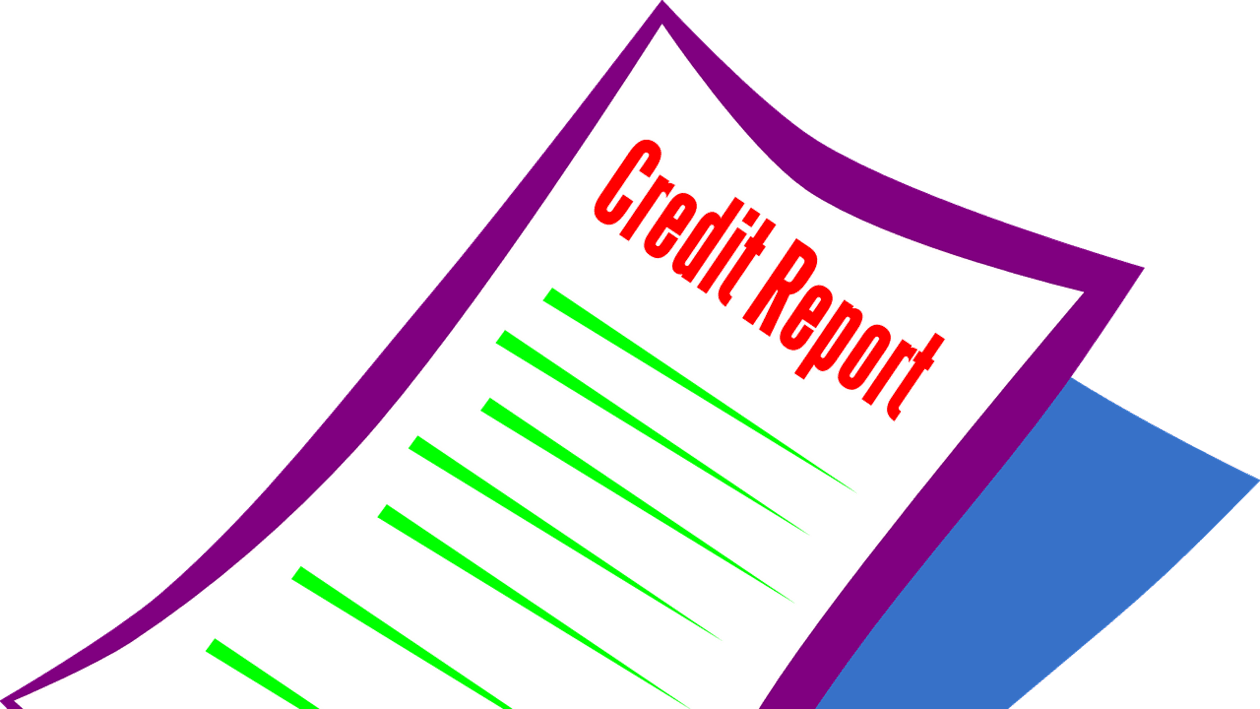It's well known that a late payment can affect your credit score, and also that this will have negative consequences and one has to work on improving one’s score, going forward.
But what is often overlooked is the bank’s perspective that if you factor into your calculations, may just help in cushioning the blow.
“Some lenders may be willing to work with borrowers who are struggling to make payments and offer options such as payment plans or temporary forbearance,” says Manavjeet Singh, MD & CEO, CLXNS Technologies.
Do remember that lenders are generally required by law to report late payments to credit bureaus, as this information helps to determine your creditworthiness. However, the key here is that it’s important to communicate with your lender early and often if you are experiencing financial difficulties.
In credit scores, as in most aspects of life it's the relationship that counts.
“When a Borrower takes a loan from an institute and makes timely payment of EMIs, a new relationship is established between them,” explains Jugal Mantri - Executive Director and CEO, Anand Rathi Global Finance.
During such a good relationship, if the borrower sometimes faces issues in repaying the EMI, and reasons are genuine, not reporting the tardiness of the customer in payment of EMI’s, not only helps the customer in overcoming the issues, but also helps in building loyalty towards the institute. “That indirectly helps the institute in having more loyal customers,” notes Mantri.
“Lenders look favourably on maintaining a lower credit utilisation rate ratio and limiting how often one applies for a new loan account,” says H. T. Solanki, General Manager and Head Mortgage and Other Retail Assets, Bank of Baroda about the lender’s perspective when your credit scores are under pressure due to a delinquency.
Knowing how the credit card and other lenders think will help you in understanding how they rank you. Be warned, conventional thought processes turn topsy-turvy over here.
Credit score algorithms treat lower- and higher-risk consumers differently, even for the same negative credit event. In the case of a late payment (a relatively minor negative event), a high credit score suffers a more drastic drop than a low credit score.
“On the surface, this seems counterintuitive. The individual with the higher credit score presents the lower credit risk to lenders,” points out Tejinder Singh, Senior Consultant, Alpha Capital.
A 10 or 20 point drop in your credit score may not make a big difference when it comes to your ability to borrow money or qualify for a new credit card. But a 100-point drop could spell the difference between getting approved for a loan or credit card, or getting rejected.
Imagine you're interested in a great credit card offer. If that offer is reserved for applicants with high credit scores and yours goes from a 750 to a 650, you may be denied.
Furthermore, you'll need a minimum credit score of 620 to qualify for a conventional mortgage. If you have a score of 700 but that number then plunges by 100, you'll be below that threshold. A 100-point drop in your credit score could also mean getting stuck with a higher interest rate on a mortgage, making that loan more expensive.
Finally, we assume that the worst happens (God Forbid) and your credit score takes a hit; the key here is to negotiate with your lender.
It's important to remember that negotiating with your bank is not always successful, and there is no guarantee that they will agree to lower interest rates or offer more favourable terms. However, it's worth trying to negotiate and presenting your case in a clear and factual manner.
“It's also important to be realistic about what you can afford to pay, as negotiating for lower payments that are not sustainable in the long run may end up harming your credit even more,” says Singh.
In addition to negotiating with your bank, it's important to continue making on-time payments and working on improving your credit score over time. This can help demonstrate to your bank and other creditors that you are a responsible borrower and can be trusted with credit in the future.
Seeking the help of a reputable credit counselling agency can also provide valuable guidance and support as you work to rebuild your credit, advice experts.
Manik Kumar Malakar is a personal finance writer.
